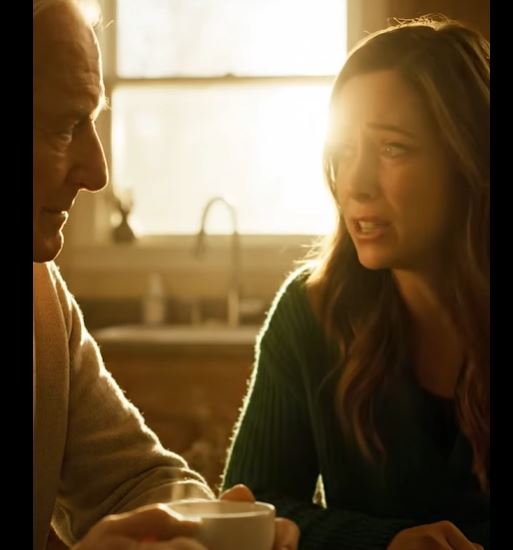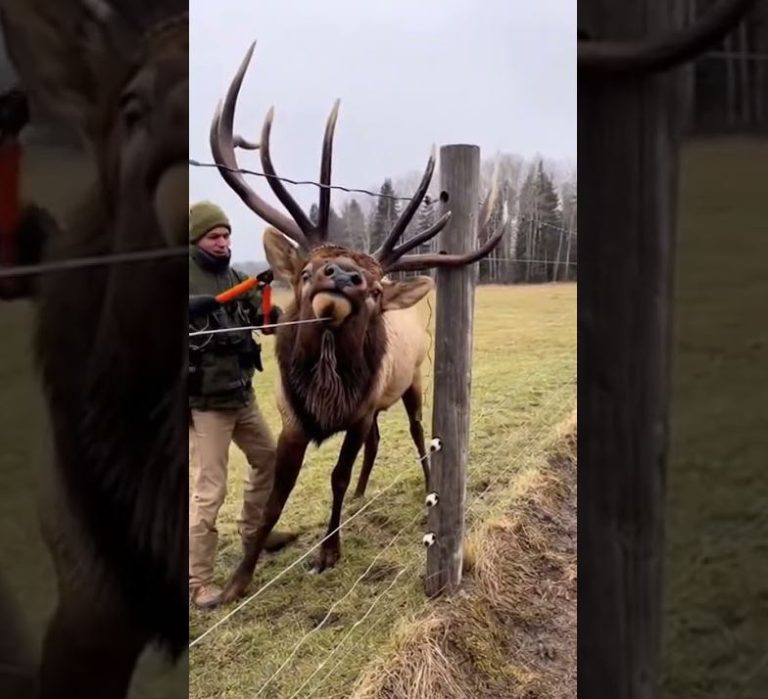When the lawyer told me,
“You’re expected at Viktor Nikolaevich’s estate on Saturday at ten in the morning,”
I nodded automatically.
It sounded routine, like a dentist appointment. But inside, my thoughts were already spinning.
An estate outside the city. A quiet mansion wrapped in towering fir trees. Cracked oil paintings, rare books, a porcelain collection, and—if rumors were true—an antique piano worth a small fortune.
And now, it could all be mine. Or so I thought.
By blood, I was his only family. My uncle never had children—at least, that’s what everyone believed. A reclusive writer, a lover of music and good wine, he lived far from the noise of the world. He and I had shared a bond when I was young—ice cream on forbidden days, stories that blurred the lines between fiction and truth. But as I grew, and he pulled away, our connection faded into occasional holiday cards and carefully worded letters.
So, when news came of a will, I packed my suitcase full of expectations—and quietly, the hope that maybe something would finally connect us again.
The mansion looked just like I remembered it: grand, silent, full of time. But what I didn’t expect was who would answer the door.
A man stood there—calm, unshaken.
“Hi. I’m Artyom,” he said, with a quiet smile. “Viktor Nikolaevich’s son.”
I blinked. “His what?”
He didn’t flinch. “Unofficial. He helped my mother, was part of my life, but never formally acknowledged it. Still—there are documents. DNA results. And now, the will.”
I couldn’t speak. A tide of emotions crashed in—confusion, disbelief, even a strange sense of betrayal. I had come here expecting answers. Instead, I found questions.
“At the very least,” I said finally, “someone should have told me.”
Artyom answered gently, “Maybe he knew—some people come for the inheritance, not the person.”
Those words stayed with me.
At the will reading, the lawyer cleared his throat and unfolded the papers.
“The primary estate—including the mansion, collections, and properties—goes to Artyom,” he said. “But Viktor Nikolaevich left something specifically for Maria…”
He held out an envelope.
Old. Thick. The wax seal faded, but intact.
> “To my niece Maria, I leave what is most important: my letters. My books. Everything I wrote—about myself, about you, about our family. So that you know who I truly was.”
I felt the weight of that envelope before I even opened it. No rare antiques, no priceless artwork. Just words. Pages.
I wanted to walk away. It didn’t feel fair.
But something made me stay.
I began reading the letters.
They weren’t just written by a distant uncle. They were from a man full of quiet love, complex fears, and deep regrets. He had once met a young woman in trouble, offered her and her baby shelter and dignity, and raised that child as his own. He wasn’t a father in the legal sense—but in every way that mattered, he had been one.
Artyom had spoken the truth.
And in those letters, I saw not just him—but myself. The child I had once been. The connection we had shared.
A month later, I returned to the mansion—not for claims, but with a pie made from my mother’s recipe and a heart no longer full of expectations, but of quiet understanding.
“Can I take the letters out to the veranda?” I asked.
Artyom smiled.
“Of course. Oh—and we found something in the basement. An old suitcase. It’s filled with your childhood drawings. He kept them. Every single one.”
I stopped, stunned. The drawings. The ones of him with his cat, reading by the piano. He had kept them.
And in that moment, I understood—
**True wealth isn’t what can be sold or stored.
It’s being remembered.
Being loved.
Even when you forgot to love back.**




